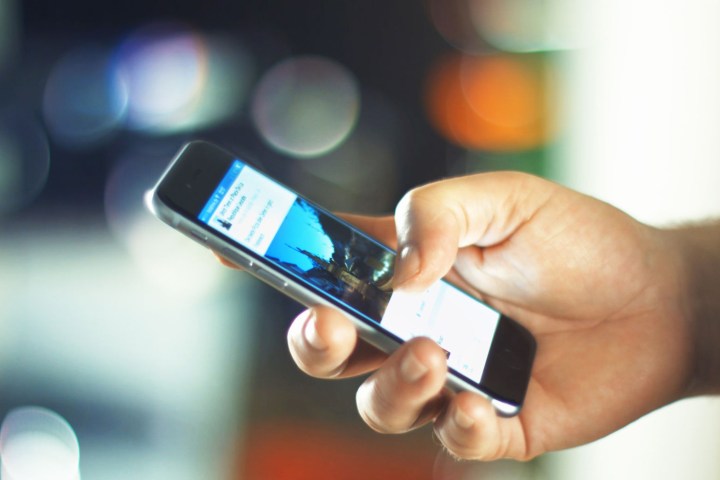
Rather than asking outside experts or leaving the decisions up to Facebook, the social media platform is asking users which news sources are trustworthy, effectively crowdsourcing to get a general feel for how reliable a website is. After sharing the plans last week, BuzzFeed acquired a copy of the user survey on Tuesday, January 23, which Facebook has confirmed as the version they will be giving to users.
The survey first asks users if they recognize a website. Then users are asked to rank how they “trust each of these domains,” with the choices including “entirely, a lot, somewhat, barely, and not at all.” Facebook says users that responded with a no to the first question will be excluded from the data.
The idea, Zuckerberg said, is to determine who trusts a source — if that trust is a general consensus across the population or if only users that follow the page consider them trustworthy. That data, the Facebook founder says, will be used to determine which news stories make the cut in the updated news feed algorithms.
The previously announced news feed changes will shift the amount of news in the news feed from about five percent to four percent, but the trustworthiness survey won’t bring that number any further down. “This update will not change the amount of news you see on Facebook,” Zuckerberg wrote. “It will only shift the balance of news you see toward sources that are determined to be trusted by the community.”
Fake news is just one of the issues Zuckerberg is pledging to work on in 2018 — and Facebook’s latest acquisition could help the platform work on another problem area. Facebook confirmed the acquisition of Confirm.io on January 23.
Facebook hasn’t shared exact details on how the startup company will be integrated into the
Editors' Recommendations
- Facebook vows to restrict news access in Canada
- Facebook’s new controls offer more customization of your Feed
- Facebook’s new Feeds tab emphasizes chronological posts
- Facebook is adding shopping to your mobile app
- Facebook restricts news outlets that have ties to political groups




